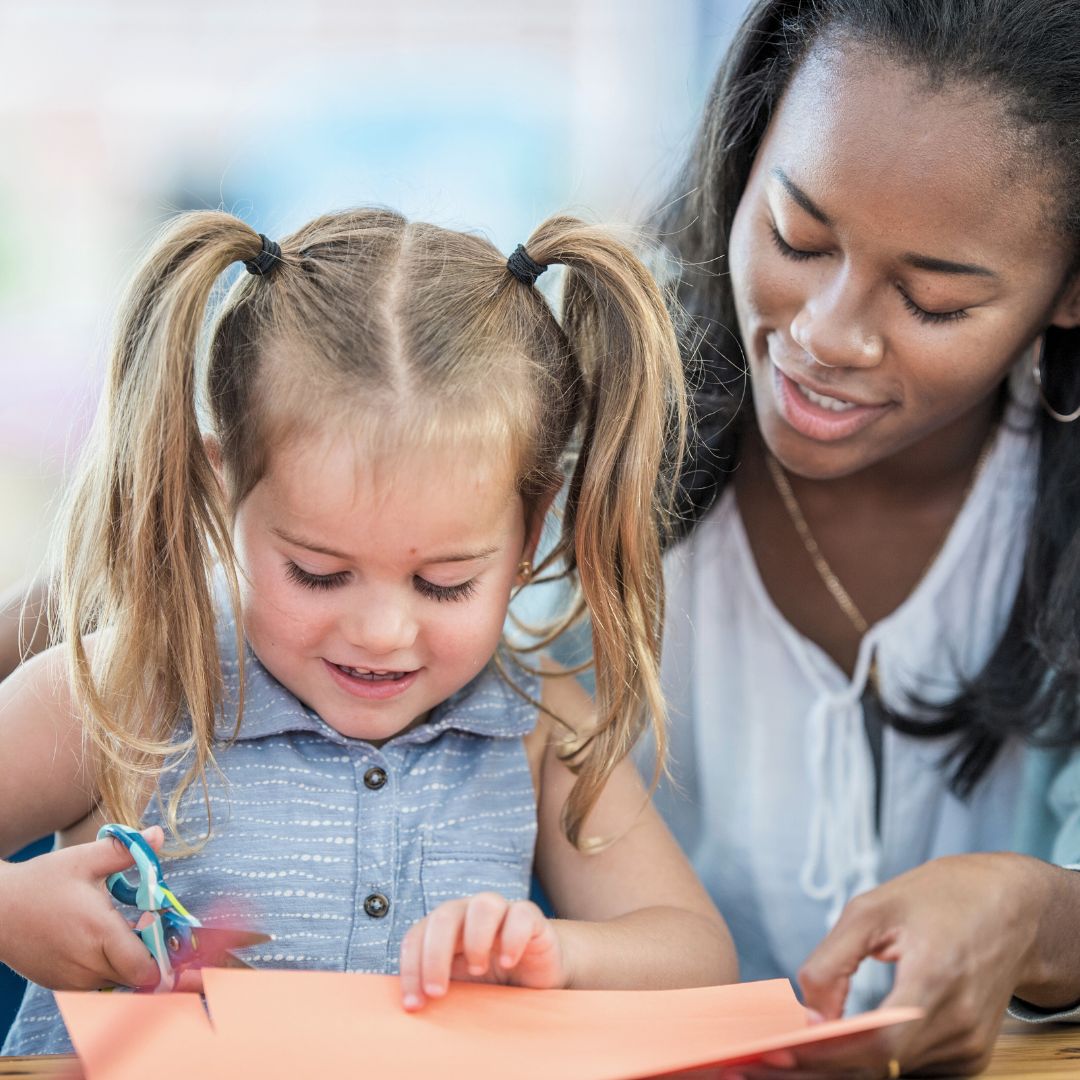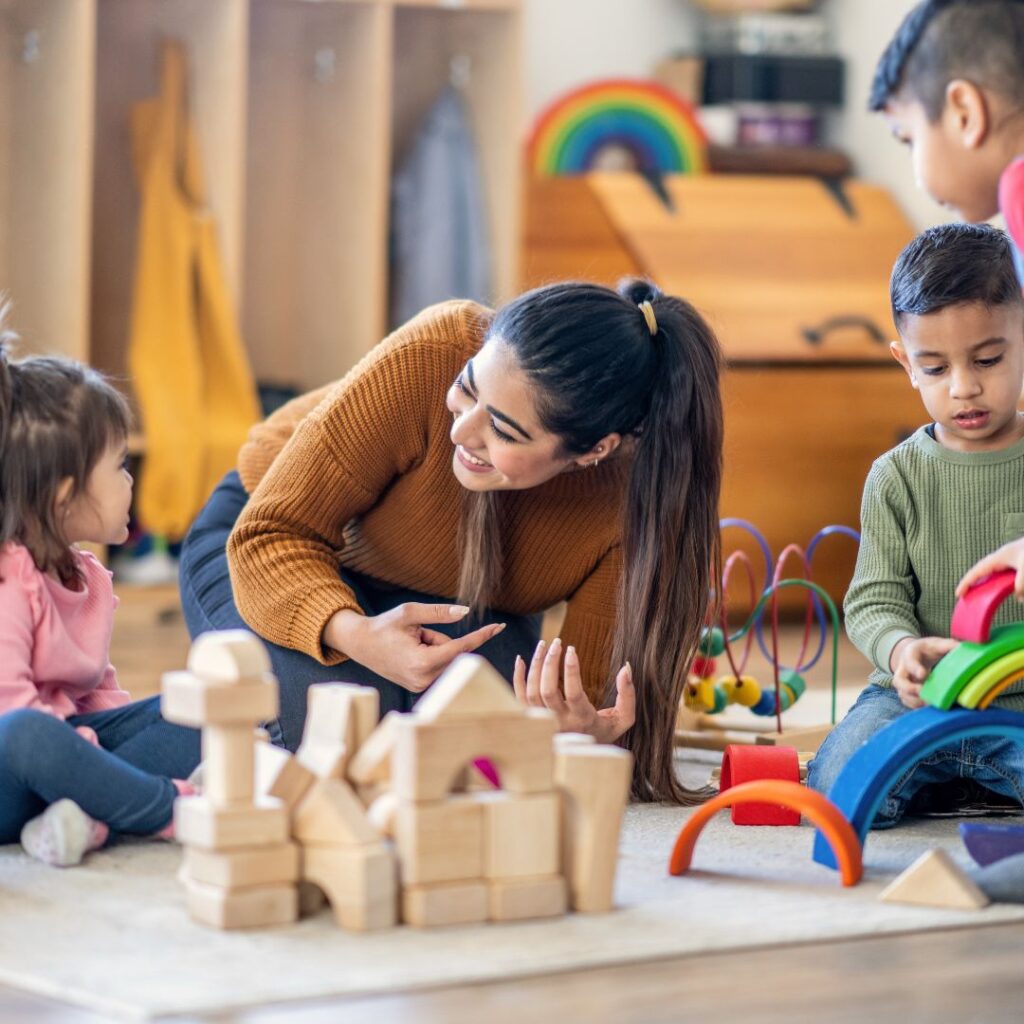“Pandemic babies” are arriving to school more behind than prior classes. Madeline Will’s article in Education Week, Young Kids Are Struggling With Skills Like Listening, Sharing, and Using Scissors, which features findings from Education Week’s State of Teaching Survey, highlights the struggles of children who started their education during the pandemic.
Key Takeaways:
- Increased Struggles with Motor and Social-Emotional Skills: Young children in pre-K to 3rd grade are facing more challenges with fine motor skills (e.g., using scissors, pencils) and social-emotional capabilities (e.g., listening, sharing) compared to five years ago. These difficulties are partly attributed to the disruptions caused by the COVID-19 pandemic and increased screen time.
- Opportunity Gaps in Skill Development: There are equity concerns, as children of color and those from low-income households are more likely to struggle with some motor skills than their white or more affluent peers. Teachers in schools with higher percentages of students receiving free and reduced-price lunch reported more challenges with fine motor skills.
- Impact on Teachers and Classroom Dynamics: Teachers are increasingly strained by students’ social-emotional delays, which can disrupt classroom environments. There’s a need for stronger support systems for teachers to manage these challenges, as well as collaboration with families to address the evolving needs of children.
As we look towards the future, it’s essential that we work together – educators, families, advocates, and policymakers – to address these challenges and ensure that our youngest learners and their teachers have the support needed to overcome these early setbacks.





